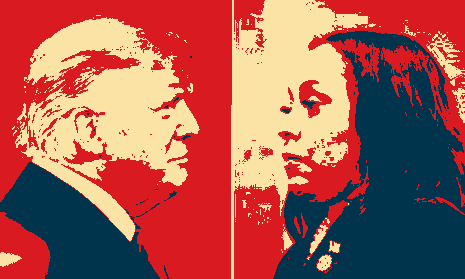Will Trump Succeed in Removing his Fulton County Criminal Case to Federal Court?
According to several insiders acquainted with his legal team's strategy, the former president is likely to seek a transfer of his case to federal court.
In the hours following charges against Mark Meadows, the former White House chief of staff, and 18 others—including former President Donald Trump—for an alleged expansive criminal conspiracy to overturn Georgia's 2020 election results, Meadows swiftly moved to have his case transferred to federal court. Sources intimate with Trump's legal counsel sugges…




